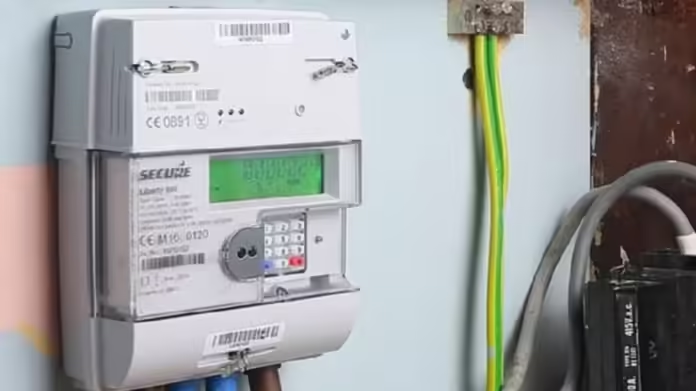Residents of Kaliabor, Assam, are voicing strong opposition to the installation of smart electricity meters in their area. Many locals argue that the new meters have led to inflated electricity bills and frequent power cuts. They are urging the state government to reconsider its decision and return to the traditional meters that they believe offer better financial flexibility and reliability.
The installation of smart meters in Kaliabor began as part of a broader initiative to modernize the state’s power infrastructure. These meters are designed to provide real-time data on electricity consumption, enabling more accurate billing and quicker detection of power theft. However, since their implementation, residents have raised concerns about the accuracy of the bills generated. Several households have reported a significant increase in their monthly electricity charges, which they claim is disproportionate to their actual usage.
A resident of Kaliabor, speaking on the condition of anonymity, shared their frustration: “Before the smart meters were installed, our electricity bills were manageable. Now, they have almost doubled, and we don’t understand why. The worst part is that the power cuts have become more frequent and longer. We feel like we are being punished for something that isn’t our fault.”
The sentiment is echoed by many others in the community, who have joined together to form a local committee aimed at addressing the issue. The committee has already submitted a petition to the Assam government, requesting the immediate halt of smart meter installations and a return to traditional meters. They argue that the traditional meters, though less advanced, provided a more predictable and manageable system for monitoring electricity usage and costs.
According to the committee’s spokesperson, the traditional meters allowed residents to track their electricity consumption more easily and dispute any discrepancies in their bills. They also believe that the smart meters are more susceptible to technical glitches, which could explain the sudden surge in billing amounts. The spokesperson stated, “We are not against modernization, but not at the cost of our financial well-being. The government needs to address our concerns and find a solution that works for everyone.”
In response to the growing opposition, Assam’s power department has issued a statement defending the smart meters. Officials argue that the new technology is crucial for reducing power theft, improving energy efficiency, and providing consumers with more accurate bills. They also claim that any billing discrepancies can be resolved through their customer service channels. However, this assurance has done little to appease the residents of Kaliabor, who feel that their voices are not being heard.
One local business owner highlighted the impact on small businesses: “Our shop’s electricity bill has skyrocketed since the smart meter was installed. We’ve had to cut back on using certain equipment just to manage the costs. It’s affecting our livelihood, and we need the government to take this seriously.”
As the conflict continues, the situation in Kaliabor reflects a broader challenge faced by many regions across India, where the push for technological advancements in infrastructure meets resistance from communities wary of change. The debate over smart meters is not just about the technology itself but also about trust, transparency, and the ability of government initiatives to address the needs and concerns of the people they aim to serve.
The Kaliabor residents’ call for a return to traditional meters has gained momentum, with local politicians beginning to take notice. Some have promised to raise the issue in the state assembly, while others have urged the power department to hold public consultations to better understand the community’s grievances.
For now, the future of smart meters in Kaliabor remains uncertain. The residents are determined to continue their fight until they see a resolution that addresses their concerns. Whether through policy changes, improved communication, or a re-evaluation of the technology’s implementation, the people of Kaliabor are making it clear that they will not back down without a solution that works for them.


